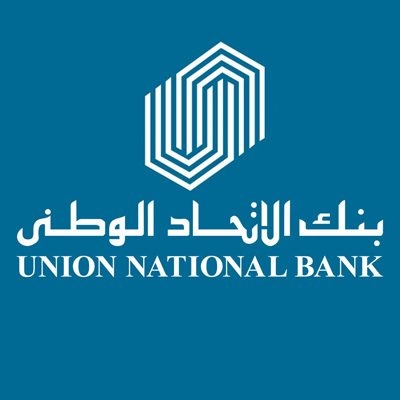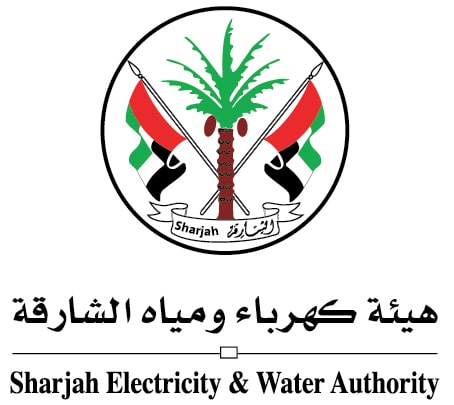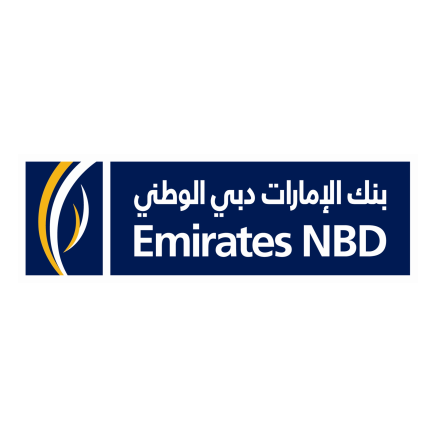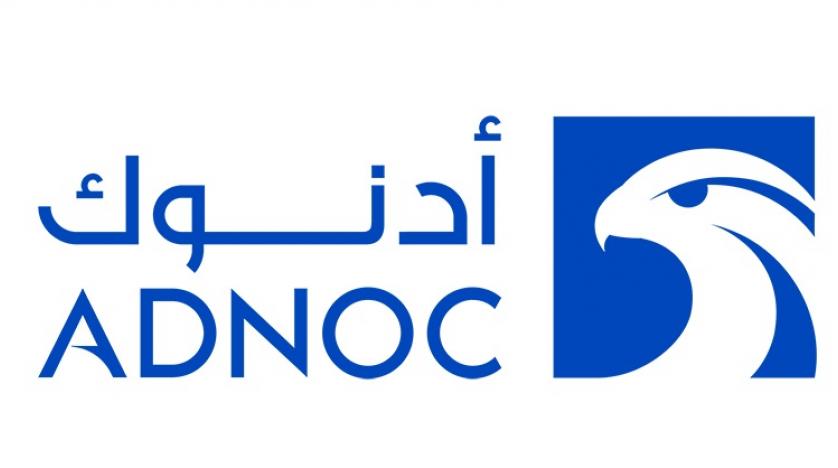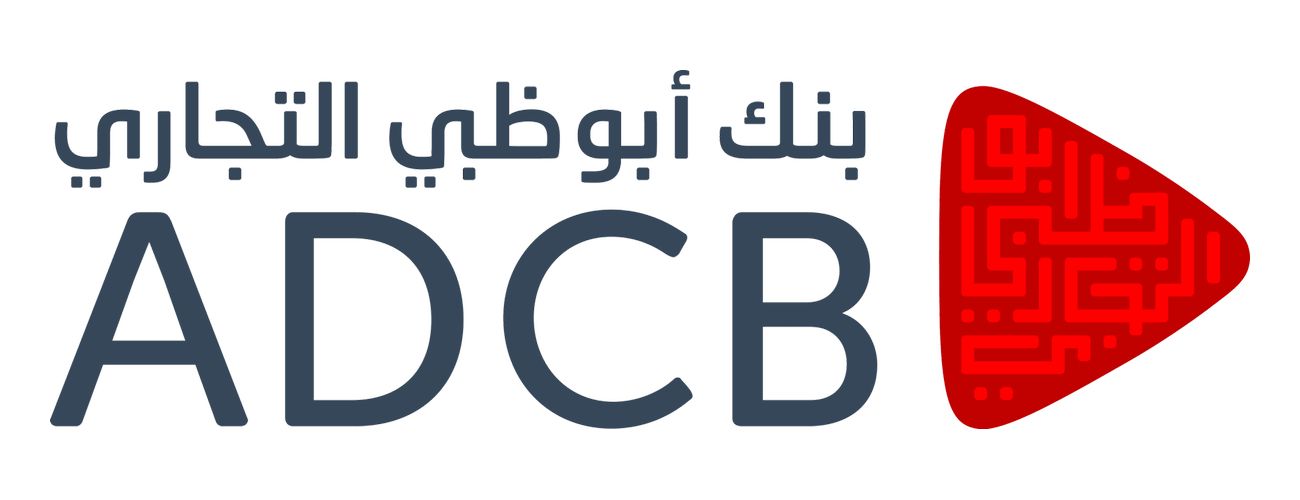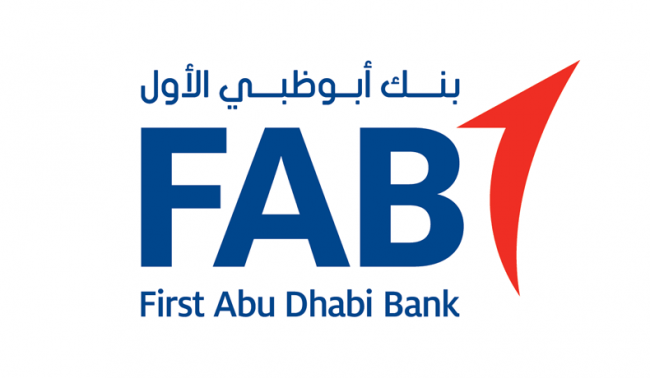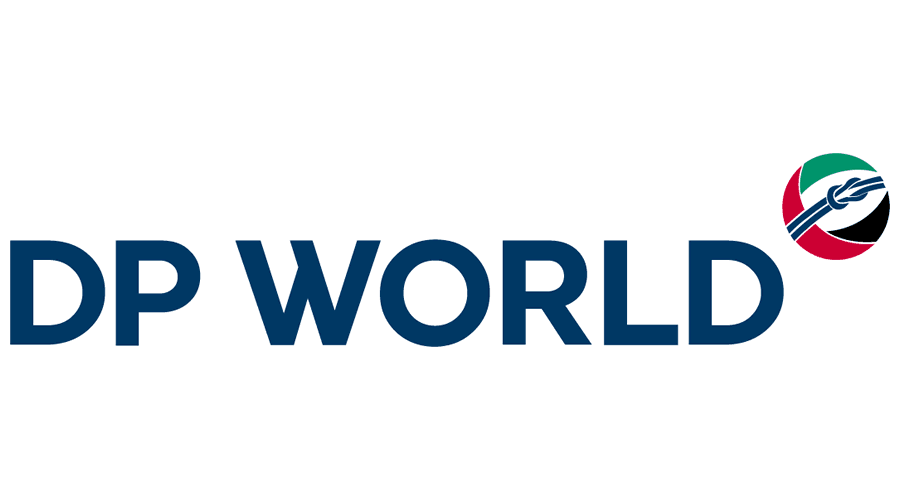
Studies have established there are two distinct types of teams at work: the ones that do “TASKWORK” and the ones that do “TEAMWORK.”
Taskwork is about the core technical speculations of what a team does for its individual goals, whereas Teamwork is how they do it together to achieve the enterprise objectives. An exemplary cross-functional team is a team of marketing specialists, customer service reps, and marketing designers. Expertise and team culture are the foundations of enterprise growth.
This is when a team coaching course can come into play! With team coaching, team leaders can foster a supportive culture where ideas can flourish and take shape. Team coaching is working with a team and leaders to enable team members to stretch beyond their current abilities. Undoubtedly there are many bells and whistles to the process of team coaching, but before you get started, here are the five things that you need to consider!
1. Accreditation
Start with selecting the accreditation. Understand your coaching objectives, discuss your team coaching goals with the professionals and establish what accreditation you want to go for. ICF and EMCC are the gold standards in professional coaching when it comes to accreditation. So, we suggest going for the ICF accreditation, but still, you need to choose the coaching pathway.
ICF is the most popular and widely accepted credential in the Pacific and Asian countries. EMCC is the oldest and most recognized coaching body in the world, with a strong presence in European regions. Hence, choosing the ICF or EMCC (better if accredited by both) team coach course is the best option.
2.Trainer
After you have chosen your accreditation, the next thing to consider is the level of training that you need. When you opt for a team coaching course, ensure that your trainer supports your team’s creativity along with the enterprise goals because, without a destination, the journey can become a bit mundane.
3. Schedule
There are plenty of options available in the market that fits your schedule. However, remember the longer you take, the longer it will take to gain a credential. Be mindful of the time you take to apply and the time you completed training.
For instance, as per ICF, at least 25 hours of coaching experience must have taken place within 24 months of submitting your application. This means planning well ahead will benefit you in the long run.
4. Certifications
While building expertise and gaining an external perspective through team coaching, never ignore the certification. Certifications can go a long way to justify your eminence in the industry. Make sure you know which certifications you’ll get on course completion that can help you gain more global credentials.
As ICF or EMCC do not provide coach-specific training themselves, it’s imperative to choose a training approved by any of these if you want to gain credentials. So, ensure that the certification you acquire is valued across your enterprise verticals.
5. Environment
The environment is the last and most significant consideration of a team coaching course. A collaborative, safe coaching environment can help you share, understand and reflect your learnings in a diverse environment. You can learn about different work cultures.
A safe and inspiring learning atmosphere is necessary to share experiences and connect learning to them.
Conclusion
Teams can achieve enhanced creativity and more productivity when team coaching course is followed by both high-performing and average teams in the leadership roles. Team coaching can propel innovation and establish a structure that can align a team with the organizational objectives.
Are you ready to experience the change? Then get in touch with Team Transformation to join the ICF-accredited team coaching course.
